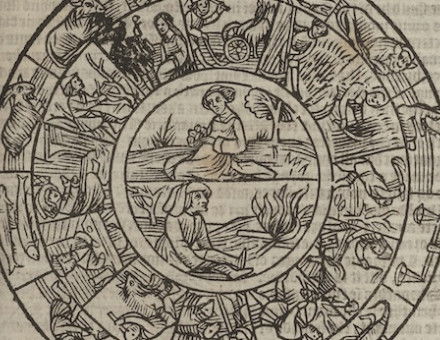The Treason of Saint-Pol, 1474-75
The hubris of Louis XI's Constable produced his nemesis against a background of incipient French nationalism and a growing royal sense of 'majesty'.
Treason is arguably the most detestable of crimes; cutting to the very quick of civil society, it violates, however indirectly, the well-being of every citizen. If, as Clausewitz asserted, warfare is the continuation of politics by other means, then treason is the continuation of warfare by other means. But, whatever guise it takes, treason is a political crime, indeed it is the political crime par excellence. Nowhere was this more true than in later medieval France, where political loyalties were strained by the intermittent conflict with the English, by periods of civil war, and by the growth of monarchical authority at the expense of regional autonomy.





